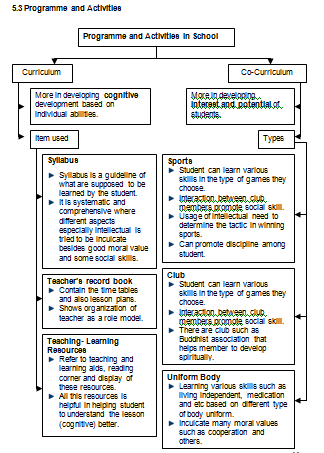Education runs along with his time, strolling with a society that continues to grow as nicely. Indeed, when one surveys accounts of the sector of philosophy of education from the 1990s ahead, they almost all chart the history as one of many rise to dominance of an analytical strategy after which a succession of critiques and assaults upon it.
Whereas these matters actually might be, and have been, discussed with due care, usually they have been pursued in loose but spectacular language the place exhortation substitutes for argumentation—and hence generally they are mistaken for works of philosophy of schooling.
The traditional works of Heidegger and Husserl additionally found new admirers, and feminist philosophers of training had been finding their voices—Maxine Greene printed quite a lot of essential pieces within the Nineteen Seventies and Nineteen Eighties, together with The Dialectic of Freedom (1988); the influential book by Nel Noddings, Caring: A Female Method to Ethics and Moral Training, appeared the same year as the work by Lyotard, adopted a yr later by Jane Roland Martin’s Reclaiming a Dialog.
The central thesis is that training should be founded on reality and reality, and specifically how this pertains to the interconnection of Mind (cultural information and reality), Matter (biological data and how our our bodies are interconnected with other matter round us) and House (the environment, society).
Nevertheless, a valiant attempt to present an summary was made in the current A Companion to the Philosophy of Training (Curren 2003), which contained greater than six-hundred pages divided into forty-five chapters each of which surveyed a subfield of labor.
